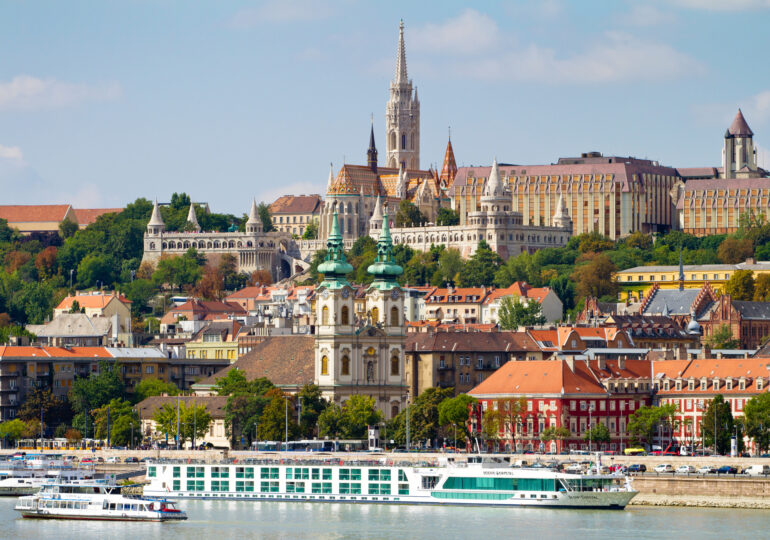The White House is preparing for a possible trilateral summit between the US, Russia, and Ukraine, with Budapest being considered as the main location.
According to sources close to the Trump administration cited by Politico, the discussions focus on the next steps in the negotiation process to end the war between Russia and Ukraine.
Donald Trump had a phone call with Hungarian Prime Minister Viktor Orban on Tuesday, immediately after the meeting in Washington with Volodymyr Zelensky and several European leaders.
According to sources cited by Bloomberg, European leaders asked Trump to pressure Orban to give up his opposition to the opening of negotiations for Ukraine's accession to the European Union. European integration is part of a broader package of security guarantees requested by Ukraine to deter potential new Russian aggressions in the event of a peace agreement.
The government in Budapest, led by Viktor Orban, has repeatedly blocked Ukraine's progress in its European path and has been accused of protecting Russia's interests within the EU.
During the discussion, Hungary expressed interest in hosting a future round of direct negotiations between Russian President Vladimir Putin and Volodymyr Zelensky.
High-Stakes Summit in the Heart of Europe
The Secret Service has reportedly already begun preparations for a summit that could take place in the capital of Hungary.
Although the location has not been officially confirmed, Politico quotes two sources who wished to remain anonymous and stated that Budapest is the "preferred option" for the White House at this time.
When asked about this possibility on Tuesday, White House spokesperson Karoline Leavitt avoided a direct response: "I will neither confirm nor deny the locations."
Diplomatic Dispute over Meeting Location
Russian President Vladimir Putin would prefer the discussions to take place in Moscow, while French President Emmanuel Macron has proposed Geneva. Switzerland has expressed readiness to host the summit and promised "immunity" for Putin, despite the arrest warrant issued by the International Criminal Court.
For Ukraine, Budapest would be a difficult choice. The city recalls the Budapest Memorandum of 1994, when the US, UK, and Russia guaranteed Ukraine's sovereignty in exchange for giving up nuclear weapons. Russia's attack on Ukraine in 2014 showed how fragile those promises were.
Bilateral Meeting, Then Trilateral?
Karoline Leavitt confirmed that the president spoke with Putin and Zelensky, and they expressed willingness to meet. The first meeting could be a bilateral one between Zelensky and Putin, followed by a trilateral summit with Trump if negotiations progress.
On social media, Trump announced his intention to participate in the meeting as part of the "final stage" of peace talks, after attending the summit with Putin in Alaska.
Moscow Slows Negotiation Progress
However, Russia seems not to be rushing the process.
Foreign Minister Sergey Lavrov stated on state television on Tuesday that Moscow "does not rule out discussions with Ukraine," but they must follow a "step-by-step, gradual process, starting from the expert level and going through all necessary stages."
Military Discussions and Security Guarantees
General Dan Caine, the Chief of Staff of the US Army, will host a meeting on Wednesday with his counterparts from Germany, the UK, France, Finland, and Italy to discuss details regarding possible security guarantees for Ukraine and how they can be implemented.
Meanwhile, the 32 defense chiefs from NATO countries will virtually convene in a conference led by Italian Admiral Giuseppe Dragone, the Chief of Staff of NATO. General Alexus Grynkewich, the new commander of US Forces in Europe and Supreme Allied Commander of NATO, will also participate in the meeting.
These urgent meetings reflect the complexity of tasks facing European allies, who are considering sending a peacekeeping force to Ukraine and acquiring additional American arms for Kiev.

